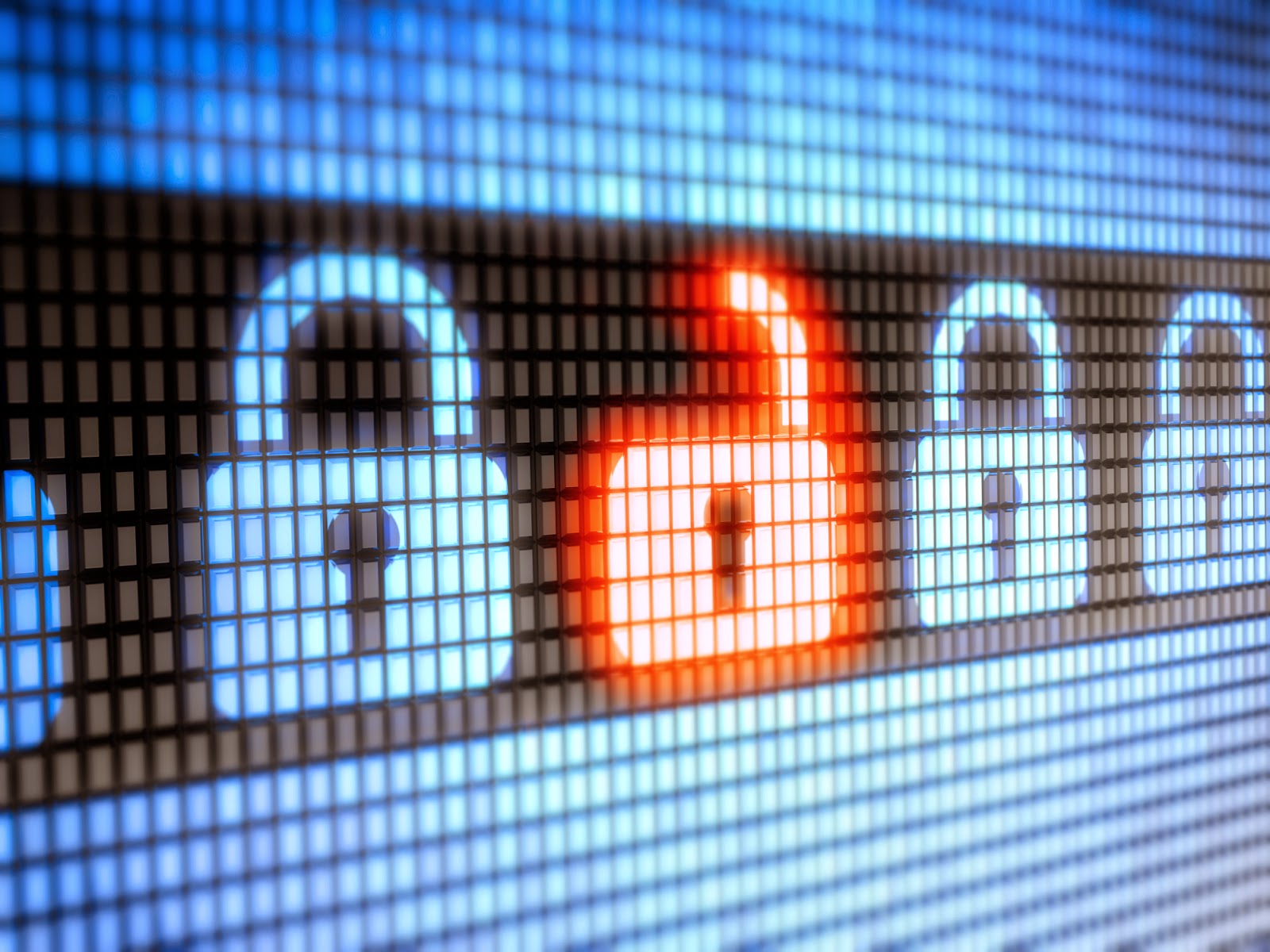
Security within a company goes way beyond the night watch guard in the parking lot. It also goes beyond one simple technology. It's a unique system that has to be appropriated piece by piece so that each branch of the company's security works in tandem with each other.
Computer security, albeit just one aspect of security as a whole, is arguably the biggest portion of company security and integrity. Think about it. All of the information within your company is stored on servers that employees access and have certain control over. That security can be taken advantage of through employees however. Whether an employee has malicious intent through his actions or not, it's still a concern that needs to be noted.
Firewalls, data encryption, controlled access, and more need to be added within a proper security network in order to maintain optimal online company security. Computer company Dell is now offering a network security suite program intended to cover all online security fronts. Many security companies on the market offer excellent security measures, but it's odd to see an actual computer company offering the same type of services.

This is just a taste of what the security protocols on the new Dell Endpoint Security Suite can do and, by the looks if it, you may want to take advantage of it. Apple has had its share of certain people trying to gain access to the security of their devices. The CIA has actually been attempting to decrypt Apple's processors and Xcode in order to create back doors to different applications and programs within the Apple operating systems.
Between people like the CIA trying to hack into Apple device security so that they may have "lawful electronic surveillance" become more possible and employees intentionally or unintentionally putting your company's information and data at risk, it's easy to see why your company's network security is so important. Your company's information is invaluable, so make sure you have all of your bases covered.
Sources located here, here and here.

